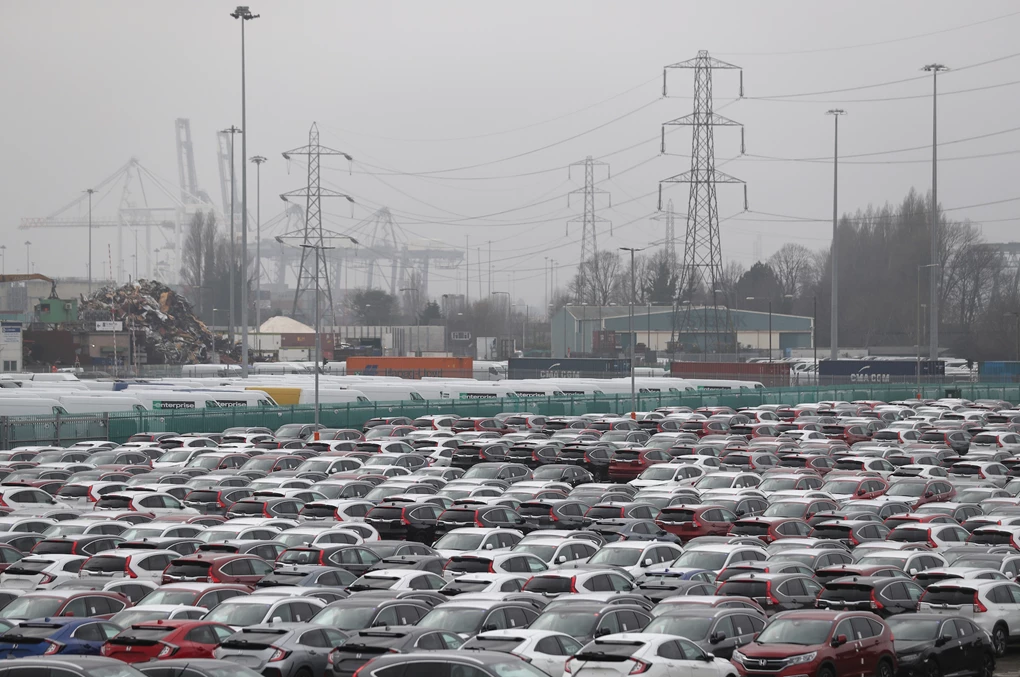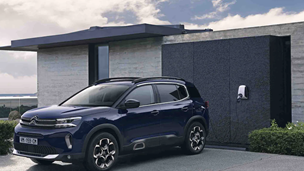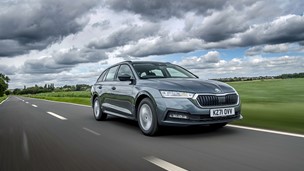If you choose your new car online or via a brochure and have a very specific selection of options, then chances are it will be built to order.
While this is all well and good – and quite rewarding – it also has one major disadvantage. The car has to be ordered, a build sequence allocated, a date set for manufacturer and then, more often than not, be shipped to the UK from wherever it is built.
In some cases, a built-to-order car can take up to six months to arrive. If you want a car sooner, then the easiest way is to order one that’s already in stock. Here are the main different types.

Cars held in dealer stock
Every dealer holds a stock of popular models and trim levels ‘in-stock’, which is often expected of them as part of their franchise arrangement. The number of cars in-stock depends on the size and location of the dealership, but chances are they will be the most popular models offered by the manufacturer that the brand represents and are in the most chosen colours. You may find that, if you specify a car online, a sales manager will do you a deal on one very similar because they know they have just the car ‘out the back’.
Cars held in central stock
If a dealer doesn’t have the car you’re after, then most manufacturers offer their franchisees a search facility where they can check stock held at other dealers and arrange to swap cars around, or track the very latest shipments that are either held at the docks or at central distribution depots.
The advantage here is that if a dealer doesn’t have the car you need in stock right away, it’s highly likely that they can get the car delivered and registered for you within a week.
Ex-demonstrators
An ex-demonstrator, or ex-demo, is a car that the dealer has had on their books for a few months in order to fulfill customers’ test drive requirements. It’ll likely be between three and six months old and will also be a high-spec model, as dealers use their demonstrators to show off features they want to sell-up.
On the plus side, then, an ex-demo will often have loads of extras, but it will also have been driven by a very high number of people in its short life.
Find deals on a new BMW today
Pre-registrations
Here’s where the major bargains are to be had! Pre-registered cars are ones that have already had a number plate allocated and have been road taxed ready for use but have rarely done more than their delivery mileage. They exist because car manufacturers have volume targets and dealers have registration targets to match. By registering a few ‘extra’ cars at the end of each month, they can massage their sales figures to look good.
A dealer, meanwhile, may pre-register a few vehicles to get their volume bonus, as this is greater than the profit they’d make on selling the cars brand new.
Chances are you’ll get a great deal on a pre-reg, but it’s unlikely to be a high spec model.
Nearly new cars
Finally, the vast majority of big manufacturers have a selection of nearly new cars held in stock, which they sell to their dealer network via ‘closed’ auctions, which are only open to invited guests. This helps them manage residual values and offer the best cars to the network.
These cars normally come from two sources – the daily rental market, to which they are leased for a set period on a ‘buy back’ arrangement, or from the car manufacturers’ own company car and affiliate schemes. The latter are obviously great choices as nearly new cars, as they’re specced up by people who know the cars inside out.




